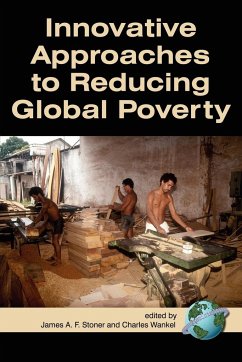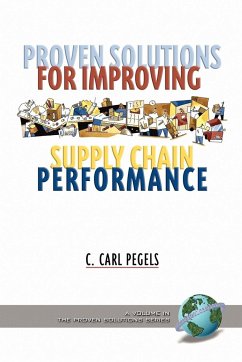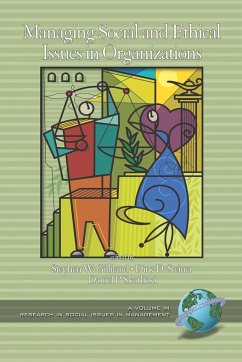
Innovative Approaches to Reducing Global Poverty (PB)
Versandkostenfrei!
Versandfertig in 1-2 Wochen
63,99 €
inkl. MwSt.

PAYBACK Punkte
32 °P sammeln!
This book presents many innovative approaches to reducing poverty through business commitment involvement, and leadership. Some of these approaches may look promising now at their current level of success but will turn out to be limited in their scalability or in their ability to sustain themselves and endure over time. However, all of them offer fruitful grounds for inquiry and learning. It is our intention that sharing the learning from these projects and initiatives from around the world will be useful to others committed to assisting the poor in escaping from poverty - especially by bringi...
This book presents many innovative approaches to reducing poverty through business commitment involvement, and leadership. Some of these approaches may look promising now at their current level of success but will turn out to be limited in their scalability or in their ability to sustain themselves and endure over time. However, all of them offer fruitful grounds for inquiry and learning. It is our intention that sharing the learning from these projects and initiatives from around the world will be useful to others committed to assisting the poor in escaping from poverty - especially by bringing the poor into productive business activities. It is also our intention that these experiences stimulate ideas for new directions that build upon and go beyond the rich variety of projects and successes described by the authors in this book. The book supports C K. Prahalad's work made available in a number of ways including his very influential book The Fortune at the Bottom ofthe Pyramid: Eradicating Poverty through Profits (Wharton, 2004). Prahalad's work has called attention to creative ways to think about the question ofpoverty and how it might be reduced and eventually eliminated. He suggests ways. ofthinking and acting that break many ofthe traditional rigidities that occur in how we think about markets and business practices. Although one theme ofPrahalad's work relates to the benefits of marketing to the poor by supplying products better fitting the needs of low income individuals and groups, his work also emphasizes ways in which the poor can produce innovatively conceived and designed products for themselves and for others. This emphasis on enabling the poor to become productive is also presented forcefhuly in Craig and Peter Wilson' s, Make Poverty Business: IncreaSe Profits and Reduce Risks by Engaging with the Poor Greenleaf 2OQ6. Like Drucker, they see the real challenge to be helping the poor find work that is productive and sustainable. One of their contributions is their emphasis on the importance of creating access to credit and insurance as an important part of enabling people to achieve productive livelihoods.














